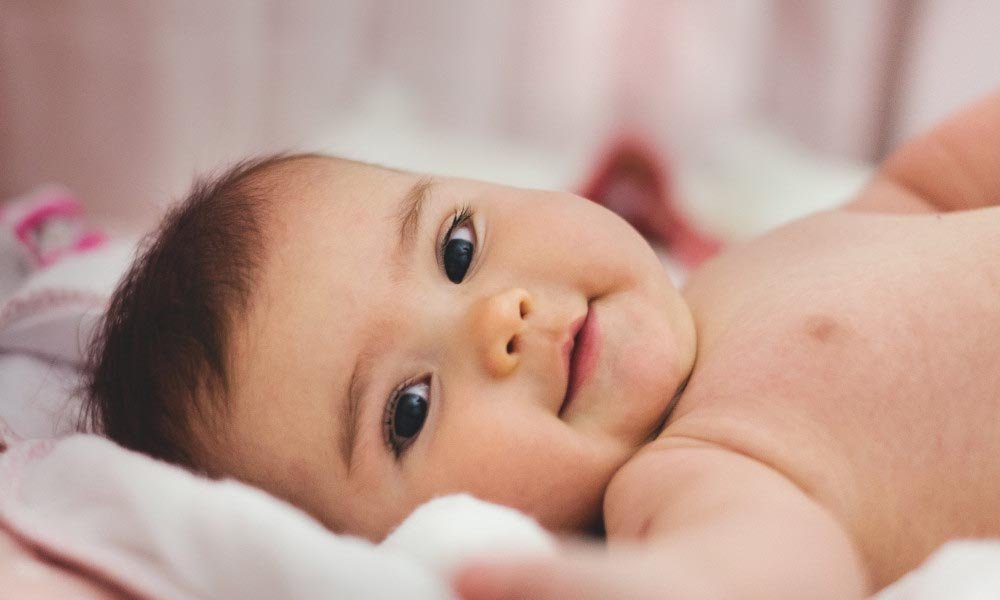Summer is a time for family get-togethers and outside fun. However, this time of year can be dangerous for children, especially babies. Even if you have a baby starter bundle that gives your children the nutrients they need, they can still be affected by the summer heat.
Table of Contents
How Do Babies Get Overheated in the Summer?
Babies lack the ability to fully regulate their inner temperatures. They don’t sweat like adults. Therefore, they can get hot in areas you may not consider. For example, you may have special clothing and bedding items for all seasons on your newborn registry, but your child can any time of the year.
Your children can get overheated by the sun shining through the window and in the shade if their clothing or blankets are too hot. When babies and children move around a lot, they generate more heat than adults.
How To Tell If Your Baby Is Too Hot
These are ways to tell if your child is overheating. First, feel the baby’s skin around their ears and neck and reddened skin. Does your child have a fever of 100.4 degrees or higher? Check your child’s heartbeat and breathing. If they are rapid, the baby’s body is working hard to cool off.
Watch how your children act. Are they moving around like normal, or do they seem confused, dizzy or lethargic? Do they respond to stimuli as normal? Vomiting is another sign of overheating. However, if any of these signs are combined, especially unresponsiveness, high heart rate and vomiting, seek medical attention immediately.
Ways To Prevent Overheating
There are a few things you can do to prevent overheating. First, dress your baby in thin layers. Use fabrics that breathe well, such as cotton. If your baby is experiencing multiple symptoms, remove the layers in an air-conditioned room. Keep your baby in temperatures below 75 degrees if possible.
Tips on Shielding Your Baby From the Sun
If you have to be outside with your children, find shady spaces. All children should spend more time resting in the shade on hot days. If you have babies, place their play areas and sleeping zones in the shade.
In sunny areas, provide your own shade through an umbrella, stroller shade or other shade structure. Don’t forget window shades in your vehicle. You may also bring a stroller or portable fan. In addition, bring wide-brimmed hats and sunglasses.
Keep yourself and your children hydrated. Children older than six months of age should be drinking water, while babies under six months of age should be drinking formula or breastmilk.
Don’t forget to apply sunscreen with a minimum of 30 SPF before leaving the house and at least every two hours while you are outside. However, your best defense against the sun is to avoid it during the hottest part of the day.
As a parent, you are probably concerned with providing the best for your children. You may even purchase organic baby products. Therefore, keep your children safe by monitoring their temperatures and keeping them cool, especially during hot summer days outside.
